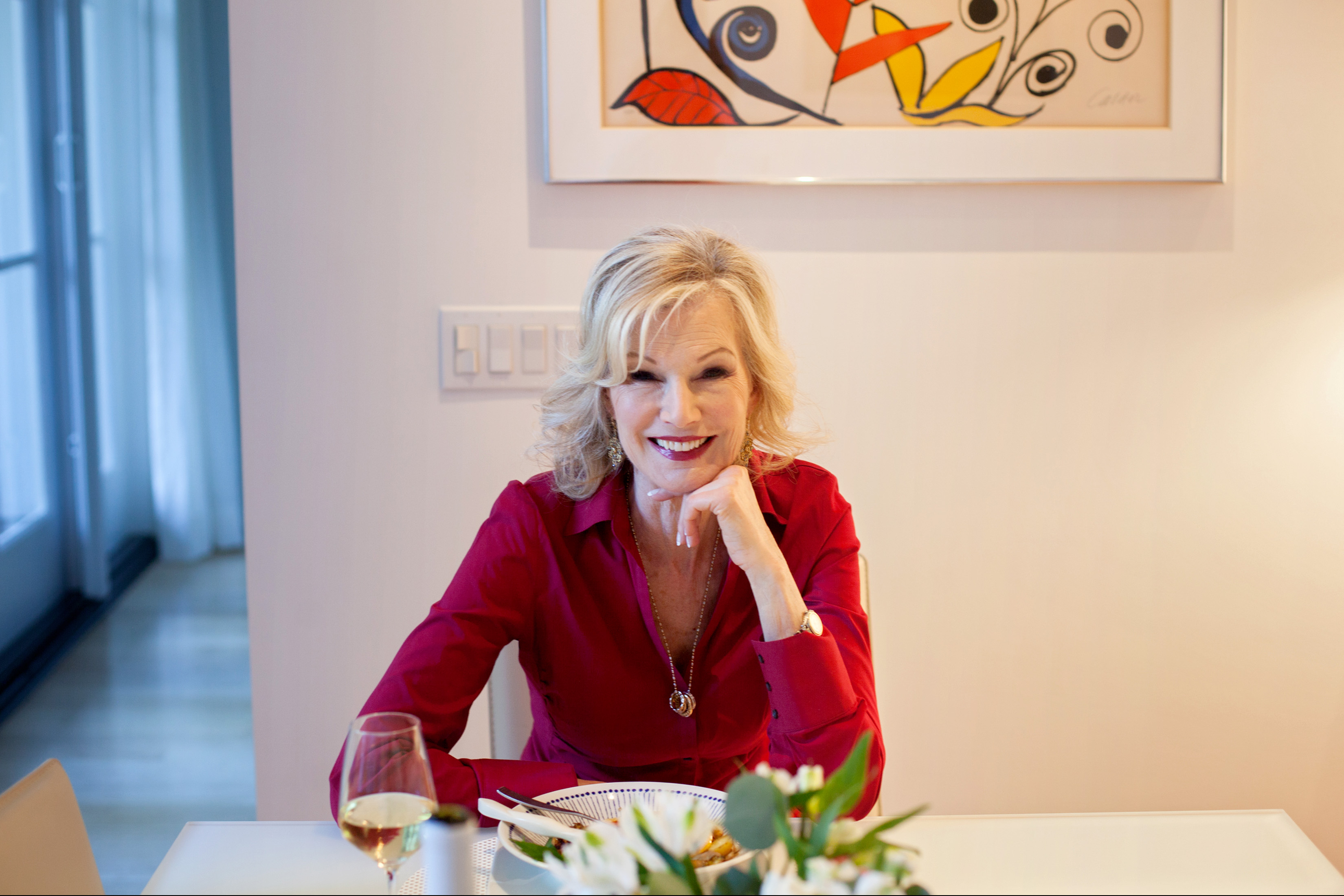“Everything can be taken from a man but one thing: the last of the human freedoms—to choose one’s attitude in any given set of circumstances, to choose one’s own way.” – Victor Frankl
The pandemic has put us all into a state of “grief overload.” Not only are we experiencing the deaths of friends, but we have so many other secondary losses that sometimes we can’t find our pathway through life. First there are the losses we experience with death. Being alone can be a hardship during Covid. I so wish my husband were alive, and we could cocoon and weather out the storm of remoteness together. But he is not here, and I have to forge on alone. Isolation can be further aggravating to those who are grieving. Thank goodness for Netflix, Amazon Prime, Hulu, PBS, Acorn, and Britbox! I can channel (forgive the pun), my bad thoughts into mindless mysteries and diversions that make the seclusion almost pleasant. OK, a little booze with the entertainment portion of the evening is highly recommended!
It’s not only the death loss that causes grief overload. Other types of significant losses can contribute to grief overload. Job loss is one source of grief. Divorce can cause grief. Health problems cause anguish. Distancing from loved ones causes unease. Moving from a safe and comforting home stirs the emotions as well. When all these losses pile up, it sets in motion a feeling of being out of control. Unhappiness sets in and one can’t seem to find their footing on terra firma. These losses are like waves in the ocean that come over you, not allowing you to make your way to the surface to catch a breath.
When a spouse dies, you not only experience a significant loss but you also experience related losses like the loss of one’s couple-hood. There are also the financial fears that amp up anxiety, and make one feel more despondent. We are overwhelmed by multiple losses that become cumulative. The late psychologist and gerontologist Robert Kastenbaum used the term “bereavement overload,” over thirty years ago, to document this syndrome.
There is some good news for those in grief overload. There are some coping techniques that will work for some of us enmeshed in the tangle of grief overload:
- Process each loss separately and give it your full attention rather than spiraling out of control.
- Take long slow deep breaths.
- Take walks or meditate to give your body the breaks that it needs to process all these losses.
- Practice self-care. Be kind and patient with yourself. Stop with the guilt! It is useless and just creates more angst. Sometimes you just have to take a step back and relax.
- Contact a grief therapist or join a support group.
- Journalize. When we journalize it helps one to process the pain of grief. Writing is basically an organizational system. Keeping a journal, helps to shape an event in our minds, and make sense of the pain. And when we look back on our earlier journals, we can find peace in seeing the progress we have made.
Please feel free to contact me via my website: www.lauriegrad.com. If you would like to sign up for my blogs follow this link:
http://lauriegrad.com/newsletter-signup/
And if you would like to buy my book: https://www.amazon.com/Jokes-Over-You-Come-Back/dp/1981137866/
Laurie is the author of the book The Joke’s Over You Can Come Back Now: How This Widow Plowed Through Grief and Survived. She can be contacted via her website: www.lauriegrad.com or on Facebook https://www.facebook.com/laurie.grad/





